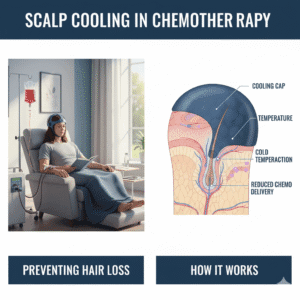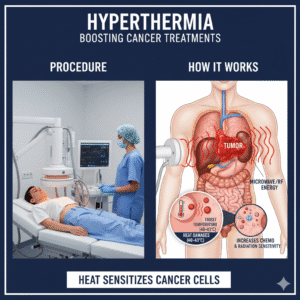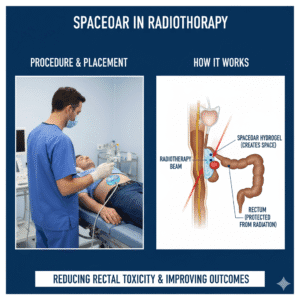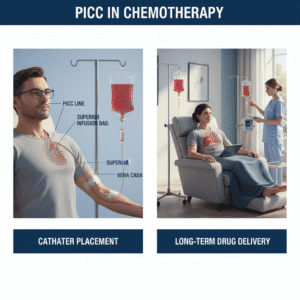
CAR-T cell therapy
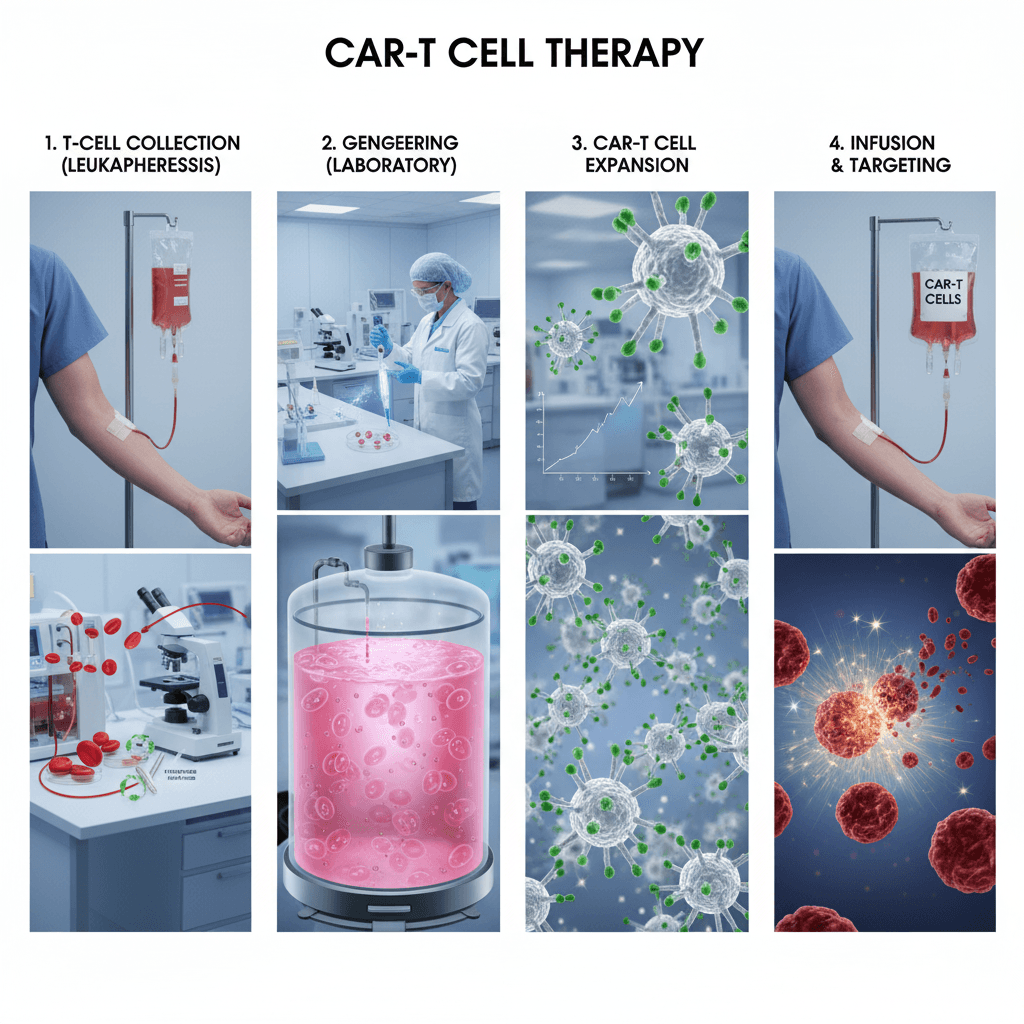
CAR-T Cell Therapy
Q1: What is CAR-T Cell Therapy?
A: CAR-T cell therapy is an innovative type of immunotherapy used to treat certain types of cancer, particularly blood cancers like leukemia and lymphoma. CAR-T stands for “Chimeric Antigen Receptor T-cell,” which refers to a type of treatment where a patient’s own immune cells (T cells) are modified in a lab to better recognize and attack cancer cells.
Q2: How does CAR-T Cell Therapy work?
A: The process starts with collecting T cells from the patient’s blood. In a laboratory, these cells are genetically engineered to produce special structures called chimeric antigen receptors (CARs) on their surface. These CARs allow the T cells to better identify and target cancer cells. Once modified, the CAR-T cells are multiplied and then infused back into the patient’s bloodstream, where they seek out and destroy the cancer cells.
Q3: What types of cancer can be treated with CAR-T Cell Therapy?
A: CAR-T cell therapy is primarily used to treat certain blood cancers, such as:
- Acute lymphoblastic leukemia (ALL): Especially in children and young adults.
- Diffuse large B-cell lymphoma (DLBCL): A type of non-Hodgkin lymphoma.
- Chronic lymphocytic leukemia (CLL): In some cases, particularly when other treatments have not been effective.
Research is ongoing to expand the use of CAR-T cell therapy to other types of cancer.
Q4: What should I expect during CAR-T Cell Therapy?
A: The therapy involves several steps:
- Collection: T cells are collected from your blood through a process called leukapheresis.
- Modification: In the lab, your T cells are modified to express CARs, which help them target cancer cells.
- Multiplication: The modified CAR-T cells are grown in large numbers.
- Infusion: The CAR-T cells are infused back into your body, usually after a short course of chemotherapy to prepare your immune system.
The entire process can take a few weeks, and after the infusion, you’ll be closely monitored for side effects.
Q5: What are the benefits of CAR-T Cell Therapy?
A: CAR-T cell therapy offers a powerful and targeted treatment option, especially for patients with cancers that have not responded to other therapies. It can lead to long-lasting remissions and, in some cases, even cure the cancer. Because it uses the body’s own immune system, CAR-T therapy is highly specific in targeting cancer cells.
Q6: Are there any side effects?
A: CAR-T cell therapy can cause significant side effects, including:
- Cytokine release syndrome (CRS): A potentially severe reaction that can cause high fever, low blood pressure, and difficulty breathing.
- Neurological effects: Such as confusion, difficulty speaking, or seizures.
- Other risks: Include low blood cell counts and an increased risk of infections.
Because of these risks, CAR-T cell therapy is usually administered in specialized treatment centers with experience in managing these side effects.
Q7: How do I know if CAR-T Cell Therapy is right for me?
A: Your doctor will determine if CAR-T cell therapy is suitable for you based on factors like the type and stage of your cancer, your overall health, and whether other treatments have been tried. CAR-T therapy is often considered when the cancer has not responded to traditional treatments.
Q8: Where can I receive CAR-T Cell Therapy?
A: CAR-T cell therapy is available at specialized cancer treatment centers and hospitals that have the necessary expertise and facilities. Your oncologist can refer you to a center that offers this advanced therapy if it’s the best option for your treatment.
If you have more questions about CAR-T cell therapy or need more information, be sure to discuss it with your healthcare provider. They can provide detailed guidance tailored to your specific situation
Related Post


CyberKnife
August 6, 2024
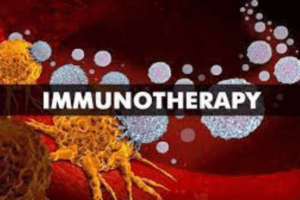
Immunotherapy
August 7, 2024
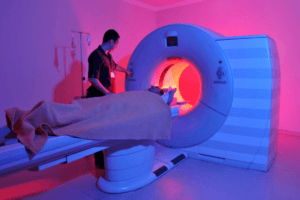
MRI Linac
August 7, 2024
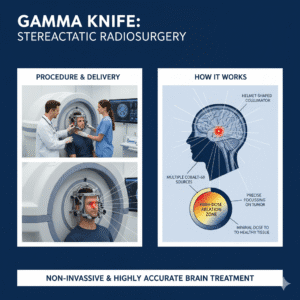
Gamma Knife
August 7, 2024
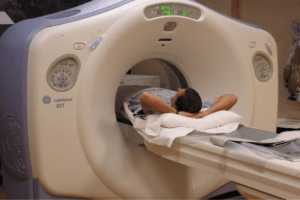
Cancer Screening
August 22, 2024
Gallery
Click below to book a clinic appointment
Ask More Questions Send Query On Email



